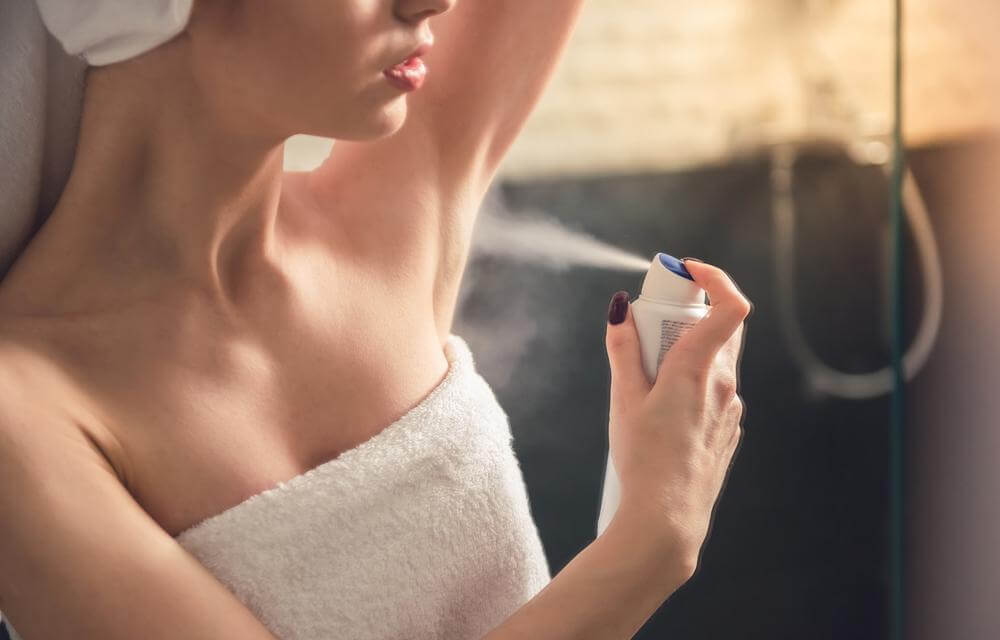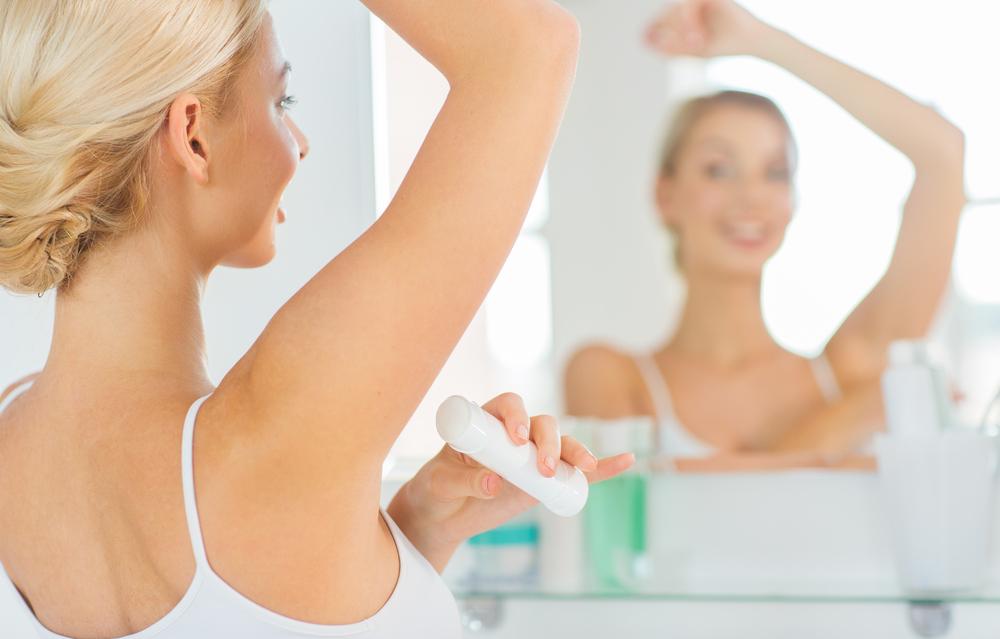Guide to Selecting the Best Antiperspirant and Deodorant for Odor Control
Discover essential tips for choosing effective antiperspirants and deodorants to combat body odor and excessive sweating. Learn about key ingredients, product types, and considerations for sensitive skin, ensuring you select the best option for your needs and lifestyle.

Guide to Selecting the Best Antiperspirant and Deodorant for Odor Control
Tips for choosing the right antiperspirant and deodorant to manage body odor
Many people confuse antiperspirants with deodorants, not realizing their differences. Both help reduce underarm odor and visible sweat stains. If excessive sweating and odor cause discomfort, understanding the best products can be beneficial. This article provides helpful advice for selecting effective antiperspirant deodorants suited to your needs.
How do antiperspirants and deodorants work?
Antiperspirants temporarily block sweat glands to lower perspiration.
They contain ingredients like aluminum compounds that block sweat pores, preventing sweat from reaching the skin surface. Some may cause yellow stains on clothing due to interaction with sweat. Others form gels inside the skin to temporarily prevent sweat secretion, reducing moisture.
Differences Between Antiperspirants and Deodorants
Many top antiperspirants include fragrances, providing both sweat reduction and odor control.
Deodorants mainly eliminate odor using antimicrobial components but do not stop perspiration.
Key Ingredients in Effective Antiperspirants and Deodorants
Aluminum Salts – Minimize sweat by sealing sweat glands; common forms include aluminum chlorohydrate and zirconium compounds.
Antimicrobials – Target bacteria that cause body odor for longer-lasting freshness.
Fragrances and Hydrating Agents – Cover odor and improve skin softness with oils.
Carriers – Facilitate application, such as sprays or solid sticks.
Alcohol – Provides quick evaporation and a cooling sensation, often in roll-ons and gels.
Popular Consumer Choices
Aerosols, sticks, gels, and creams are favored for fast drying and ease of use.
Heavy sweaters may prefer stick formats for larger coverage.
Current evidence indicates antiperspirants are safe for skin;consult a dermatologist if needed.
Tips for Sensitive Skin
Individuals with sensitive skin should avoid fragrances, alcohol, and aluminum salts to prevent irritation.
Choose fragrance-free or hypoallergenic options to reduce risk.
Recommended Products
Old Spice Antiperspirant
Gillette Clinical Endurance
Recipe for Men Antiperspirant
Sweat Block
Dove Men + Care Dry Spray
Certain Dri
Note:
This guide provides general advice for selecting antiperspirants and deodorants. For personalized recommendations, consult health professionals. The accuracy of the information cannot be guaranteed, and external offers are beyond this article's scope.


